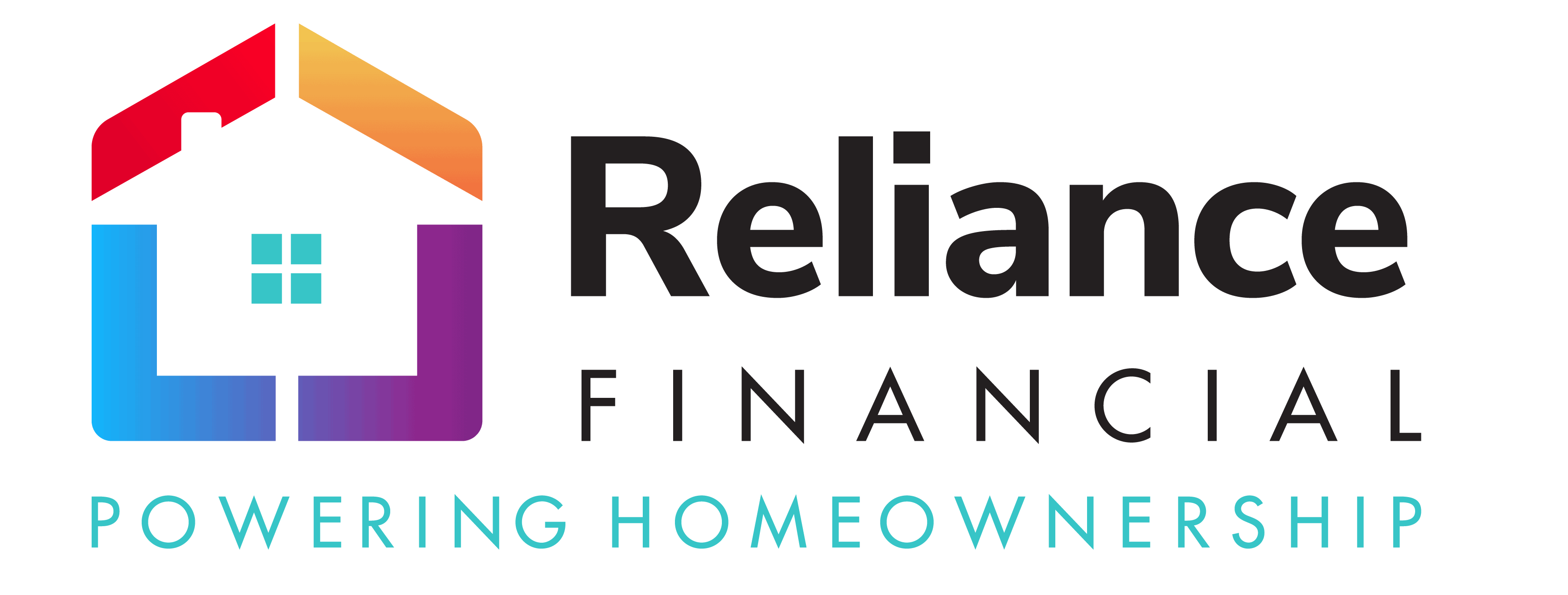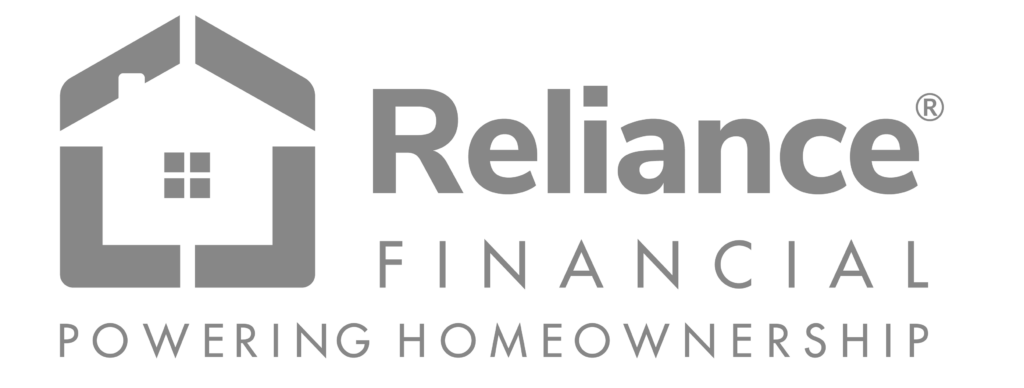A home is not just a place to live; it is also a financial asset that you can build over a lifetime. Each mortgage payment directly increases your home equity. In 2025, as mortgage rates begin to stabilize, homeowners are looking for ways to unlock more value from their homes through home equity loans. The key questions on everyone’s mind are: “What are the current home equity rates?” and “Is this the right time to lock in?”
In this detailed guide, we will cover everything you need to know about home equity loans. Home equity loans have become increasingly popular and are considered one of the most cost-effective borrowing tools in today’s financial landscape. If you are planning to take out a home equity loan, keep reading. This guide will cover everything from Current Home Equity Mortgage Rates to tips for securing the best mortgage terms. Stay connected!
Understand Home Equity Mortgage
A home equity mortgage generally refers to borrowing money by using the value of your home as security. While still living in your home, you can use its equity to get cash for general expenses such as home repairs, education, or other needs. Now, let’s understand this concept with home equity:
Home equity is equal to your home’s value minus the mortgage owed. For example, if your home is valued at $1,000,000 and you owe $500,000 on your mortgage, the remaining amount is your home equity. You can also take a loan on this home equity, which is known as a home equity mortgage.
Current Home Equity Mortgage Rates
According to Bankrate, the average national home equity mortgage rate as of October 8, 2025, is 8.15% for a 5-year term. Here are some additional rates:
- The 10-year home equity mortgage rate is 8.30%.
- The 15-year rate is 8.20%.
Importance of Home Equity in 2025 – 2026
The year 2025 has become a turning point for many homeowners, as the housing market is showing strength and home values in many regions have appreciated by 10–15% over the past two years. As a result, home equity values have increased significantly. Here are some important aspects of home equity in 2025:
Build Long-Term Wealth
Home equity is an asset that provides long-term financial stability. As property values rise and homeowners pay down their mortgages, their home equity naturally grows. This equity can later be used to support future goals or build additional wealth.
Source of Affordable Financing
With home equity, buyers can get access to low-cost financing. Majorly, home equity loans have less interest and less monthly payment compared to personal loans. With this, homeowners can make their home-buying process more affordable.
Acts as Financial Safety Net
During unexpected emergencies, home equity always works as a financial safety net. For example, if a homeowner faces a sudden medical emergency or job loss, they can access funds through their home equity to help manage expenses.
Support Property Investment
You can also use home equity to buy a new property. Multiple buyers use home equity as a down payment to buy second and vacation homes. In 2025, buyers can now use home equity to enhance their investment portfolio.
Smart Debt Management
Home equity is also beneficial for strategic debt management by refinancing their loan and consolidating the higher interest debt rate into a lower one. This can also reduce monthly payments and provide better control over finances.
Factors Affecting Home Equity Mortgage Rates
The Home Equity mortgage rates are influenced by several factors. Let’s have a look:
Federal Reserve Policy: When the central bank decides on the interest rate, it directly impacts the borrowing rates. A lower and stable interest rate leads to lower home equity.
Economic Conditions: Multiple economic conditions, like inflation and the employment rate, also affect the home equity mortgage rates. As in 2025, the economic condition is stable, which directly makes the mortgage rate competitive.
Credit Score and Financial Profile: As we all know, the credit score and financial profile of buyers always impact the mortgage rates, whether it’s a home equity loan or a personal loan. A good credit score always leads to lower rates.
Loan-to-Value Ratio: Homebuyers loan to loan-to-value ratio always affects the buyer’s mortgage rate for home equity. If your LTV ratio is low, then it will directly impact your home equity rate.
Why Choose Reliance Financial for Home Equity Mortgage?
When it comes to obtaining a home equity mortgage, working with a trusted and reliable lender makes all the difference. Reliance Financial is recognized as one of the most famous and trusted lenders among buyers. Here are some more reasons to choose Reliance Financial for a home equity mortgage:
Competitive Home Equity Mortgage Rates: Reliance Financial always provides affordable and general mortgage rates that reduce homebuyers’ monthly payments and make their home equity loans more affordable.
Flexible Loan Options: We offer flexible loan options for all types of buyers. With a wide range of loan options, Reliance Financial is leading the overall mortgage industry.
Quicks & Hassle-Free Processing: At Reliance Financial, you get hassle-free loan processes. Our team handles all the processes of the loan, whether it’s payment, approval, or any paperwork. Our fast and easy process makes finding access easier.
Personalized Guidance: Reliance Financial not only provides loan services but also offers personal guidance and advice to help clients understand the loan terms, policies, and requirements. We believe in providing one-on-one support every step of the way.
Final Thought
In this detailed guide, we have discussed mostly everything you need to know about home equity mortgage rates. Home equity is considered one of the most powerful financial tools in 2025 to manage expenses and home buying. To secure the best and lowest rates of home equity mortgage, it is important to directly hire a trusted lender. This is where Reliance Financial stands out as one of the most reputable lenders that offers the most competitive mortgage rates.
FAQ about Current Home Equity Mortgage Rates
Q. Is there any risk of losing the home?
Answer: One thing is always clear in all types of loans: if you do not repay your loan, then it could lead to foreclosure.
Q. How many percent can we borrow on home equity?
Answer: In the home equity, approximately 80-85% minus any existing mortgage. This limit depends on credit score and lender policies.
Q. Who can not get a home equity loan?
Answer: Buyers who are not eligible for the home equity loan:
- Low or no equity
- Poor credit score
- High DTI
- Lack of necessary financial documents
Q. What common mistake should we avoid while taking a home equity mortgage?
Answer: Here are some common mistakes that you should avoid while taking a home equity loan:
- Borrow more than needed
- Overlooking fees
- Ignoring the affordability of the monthly payment
- Not comparing lenders before hiring








